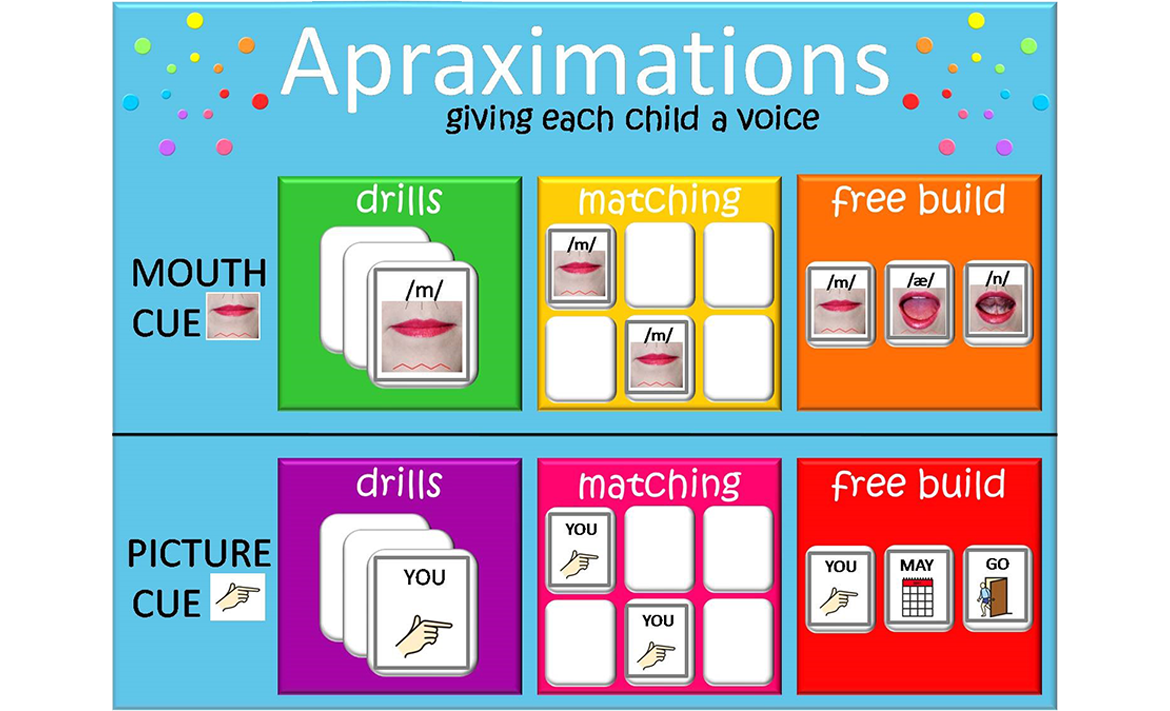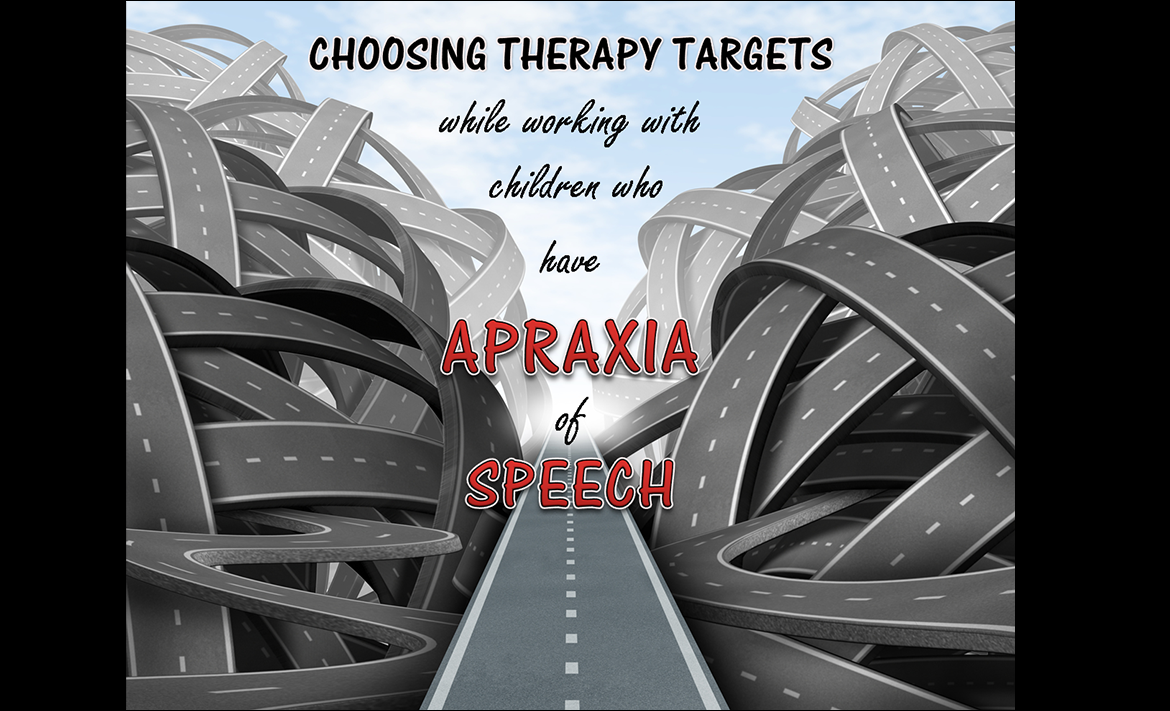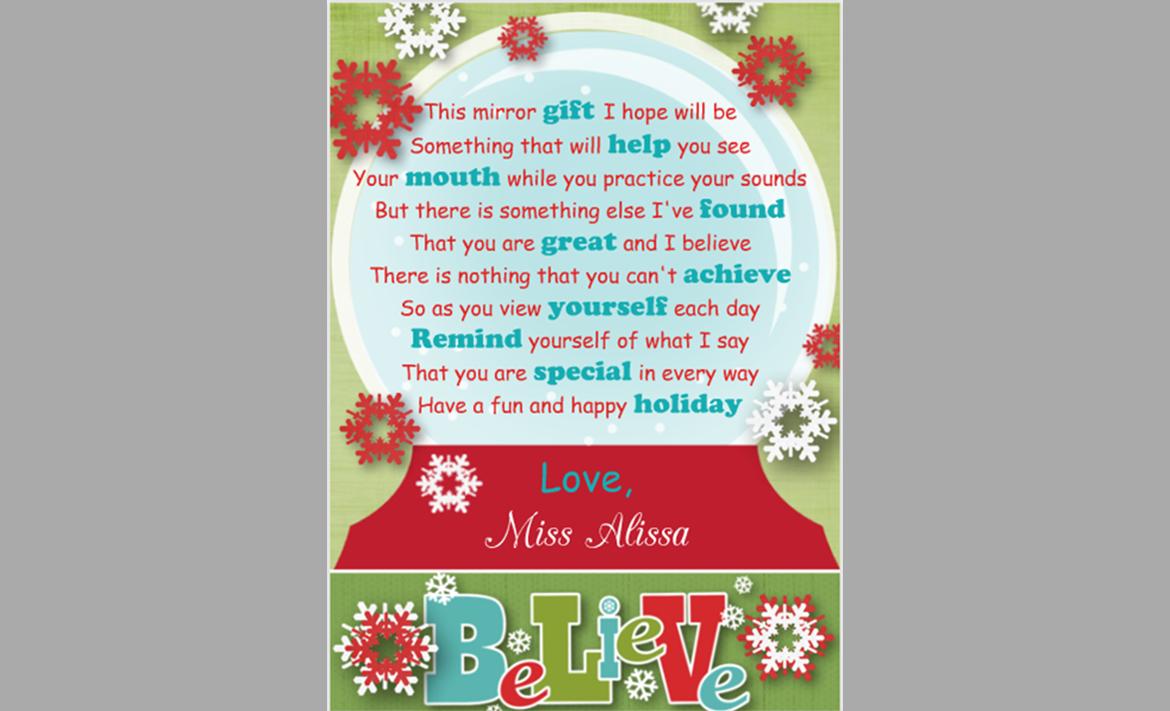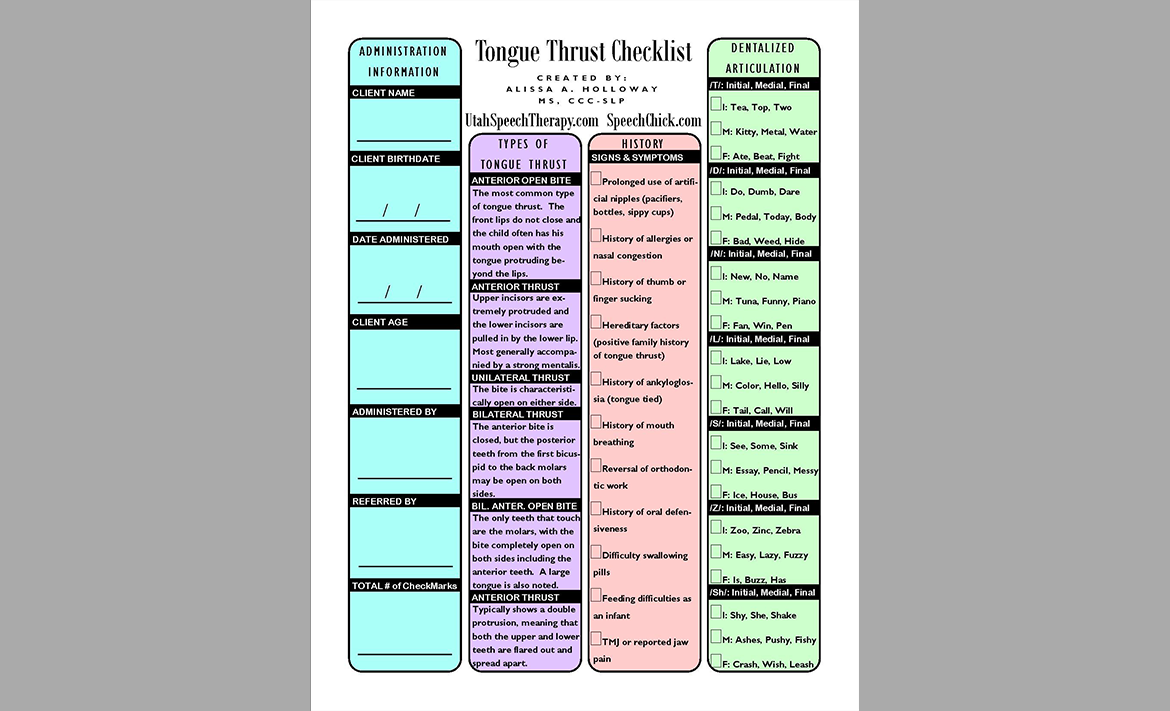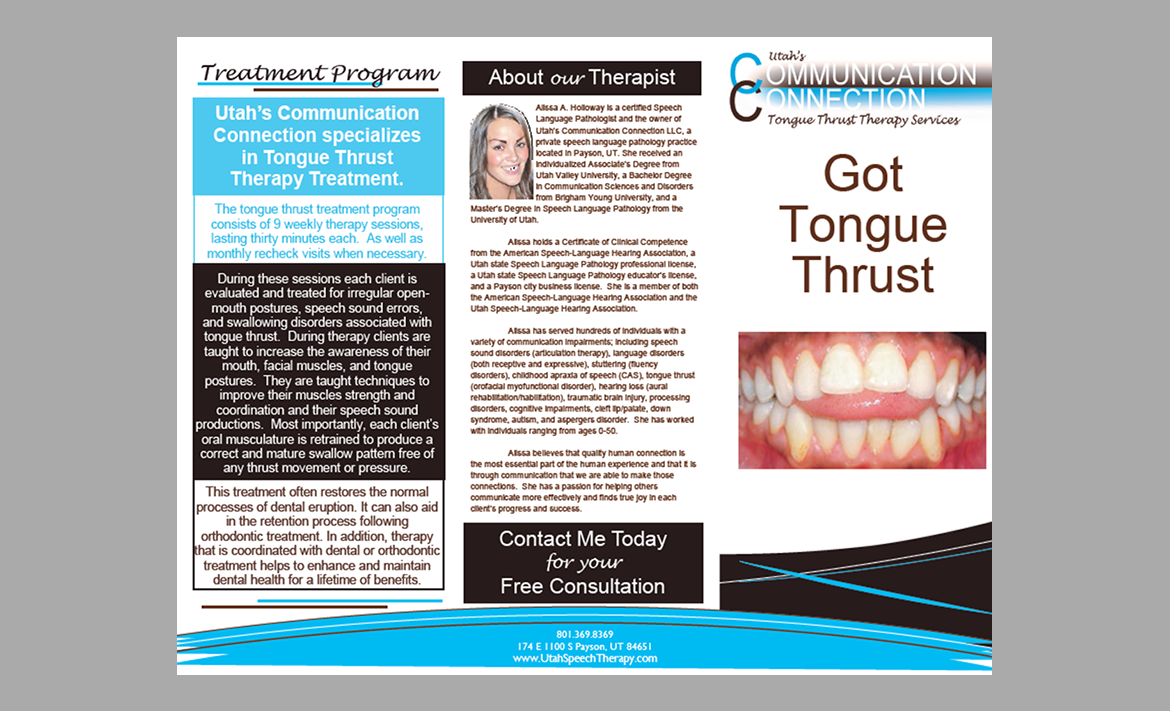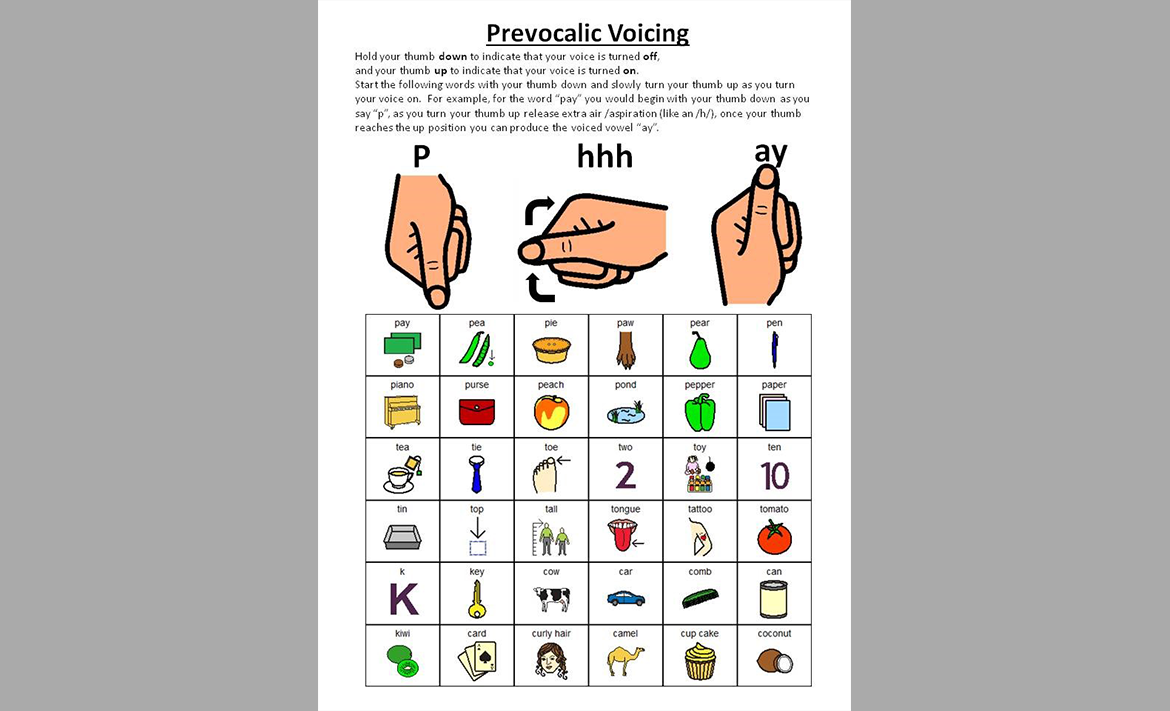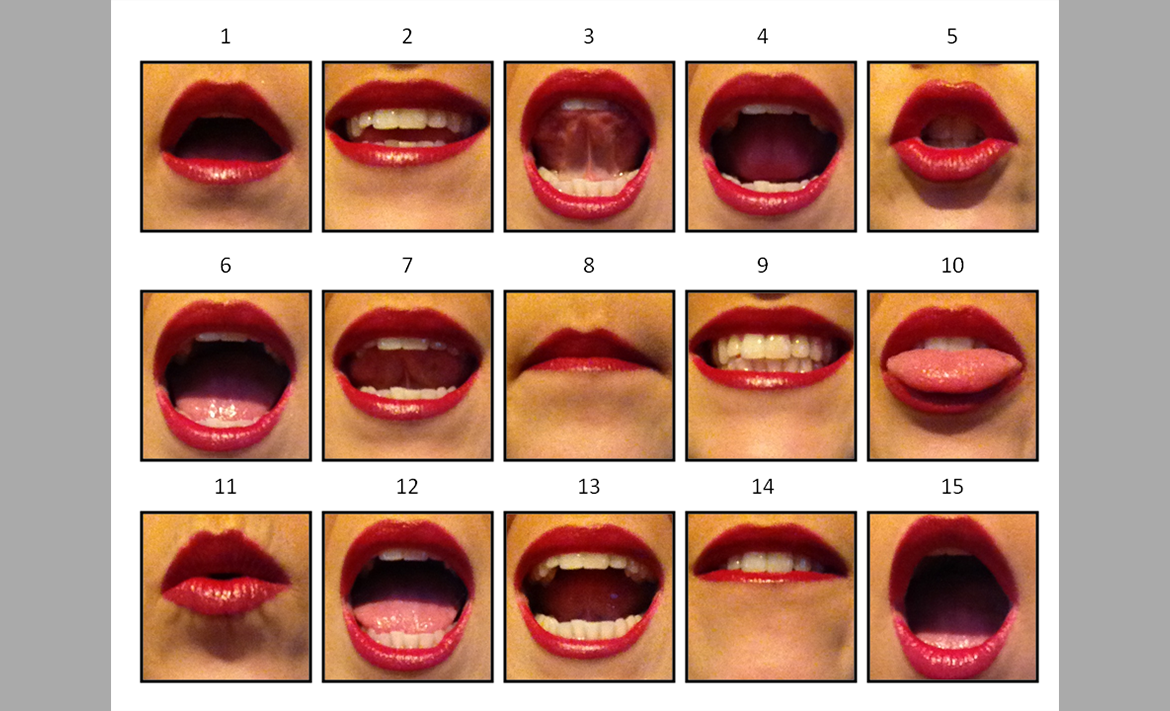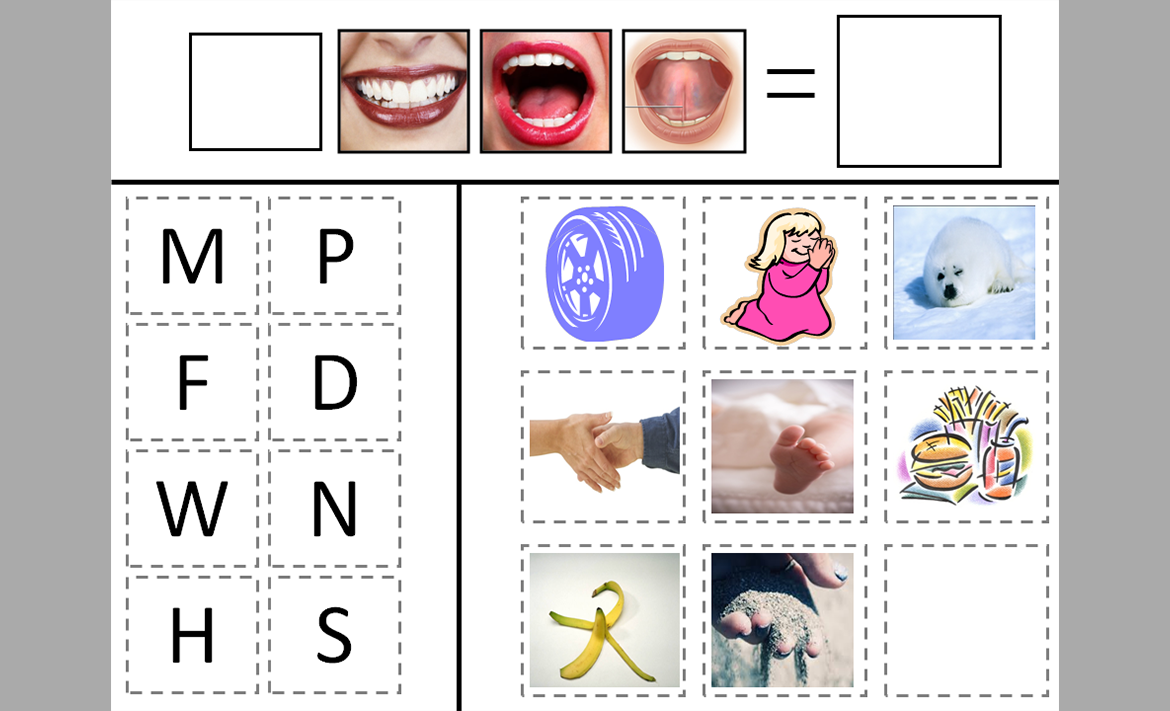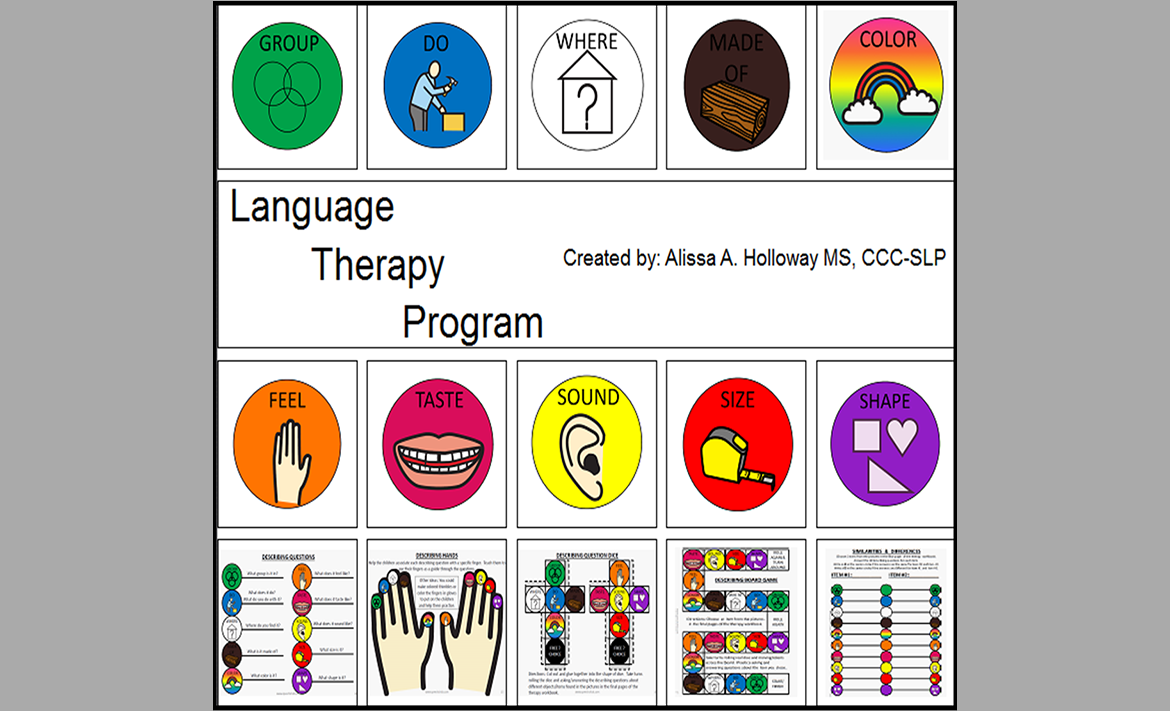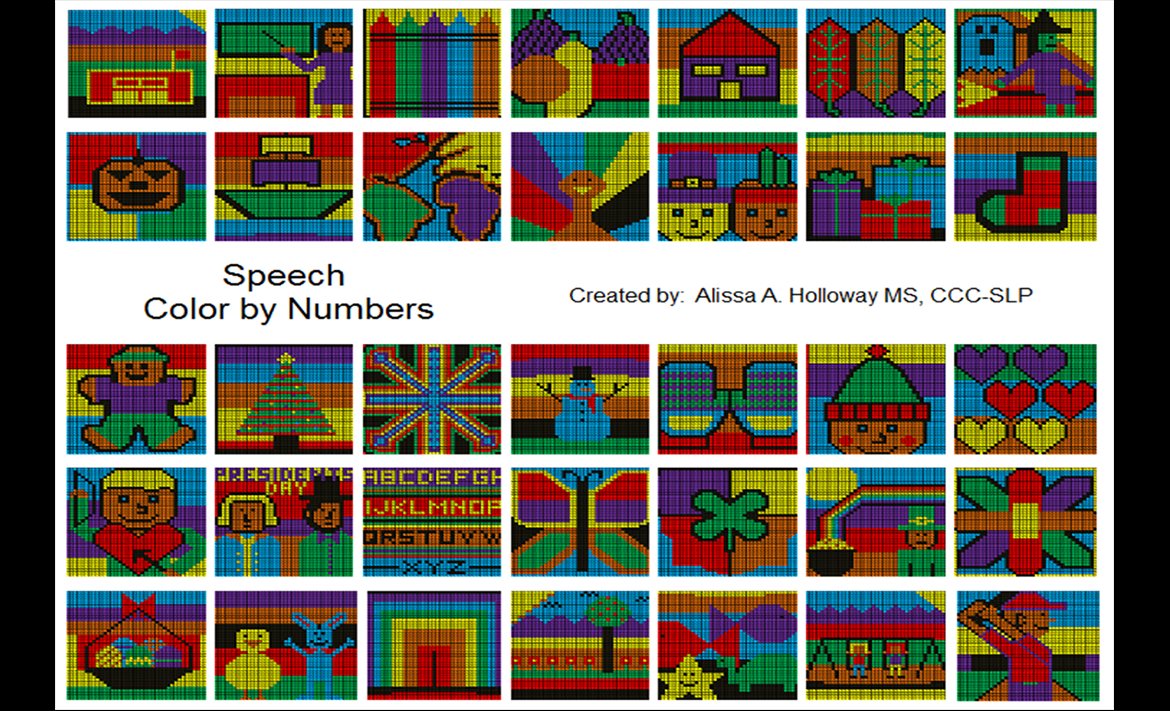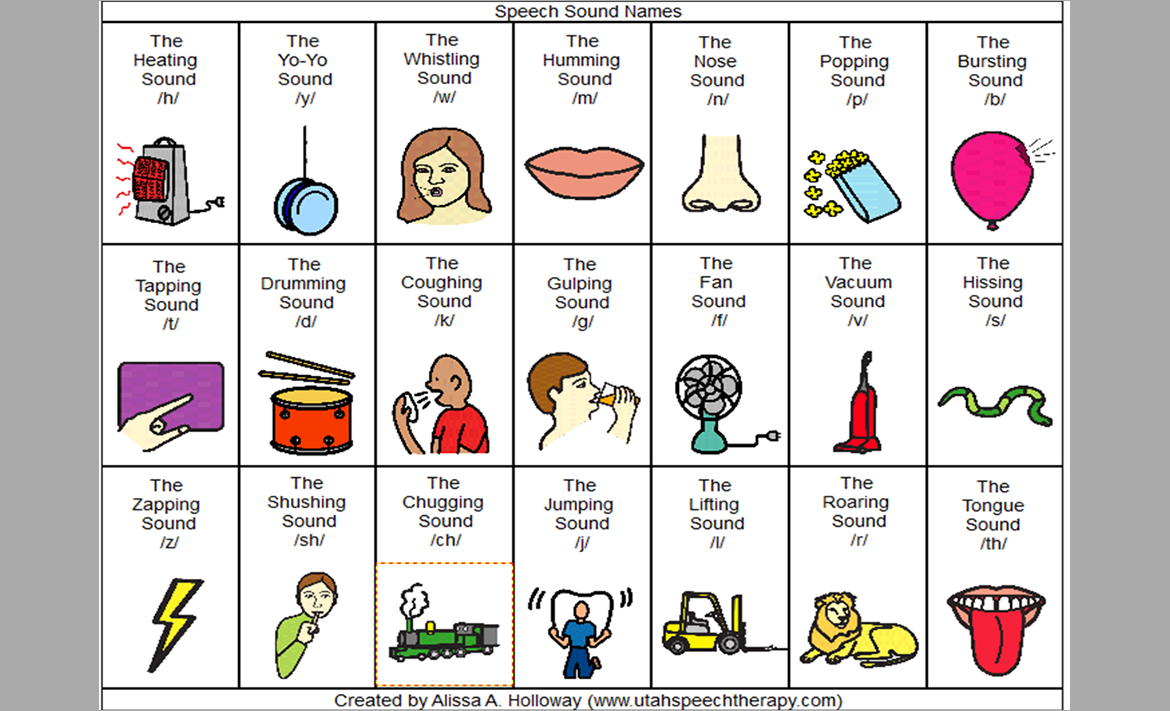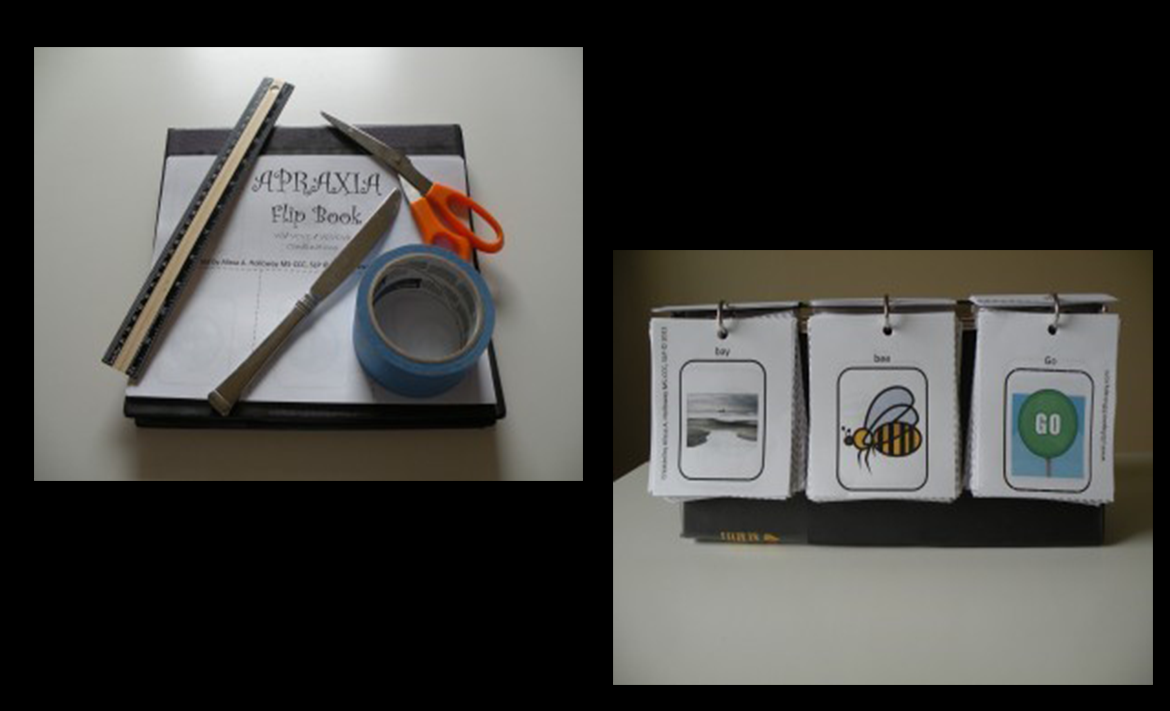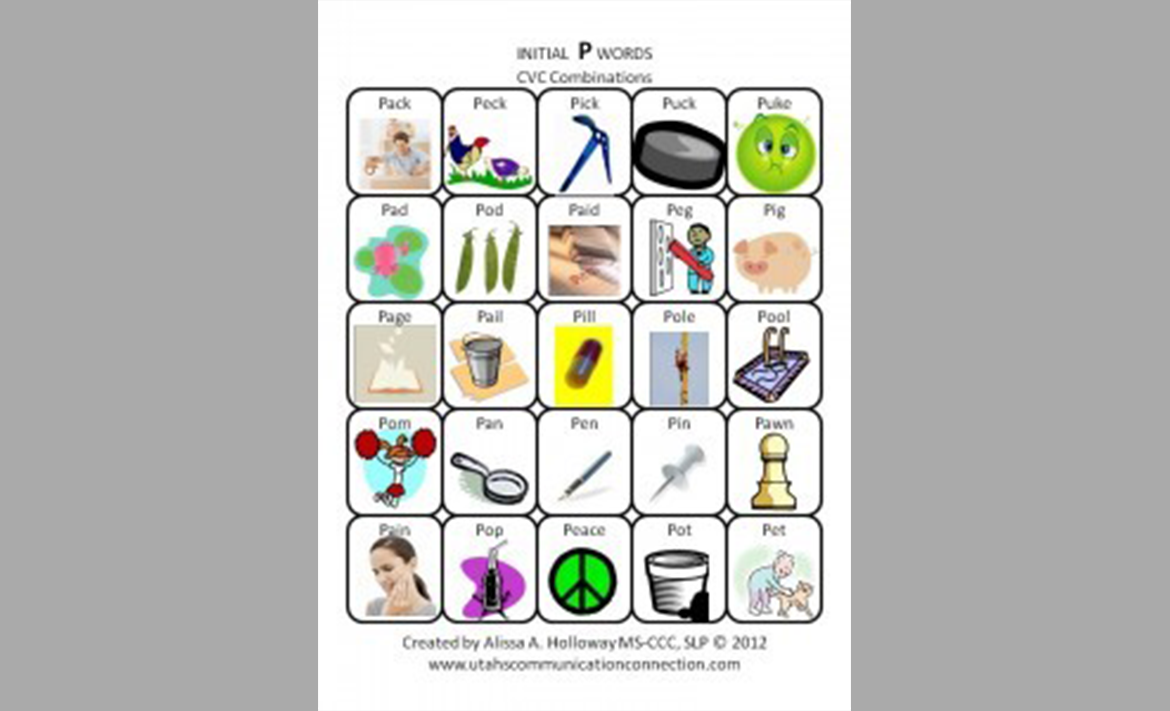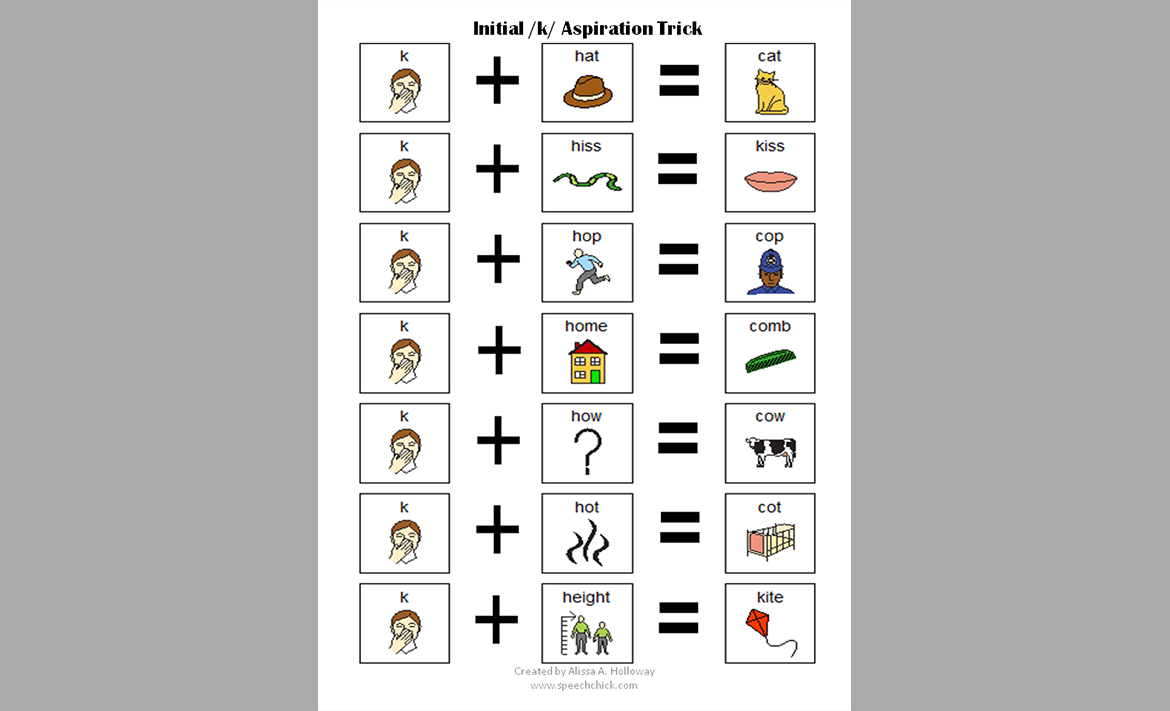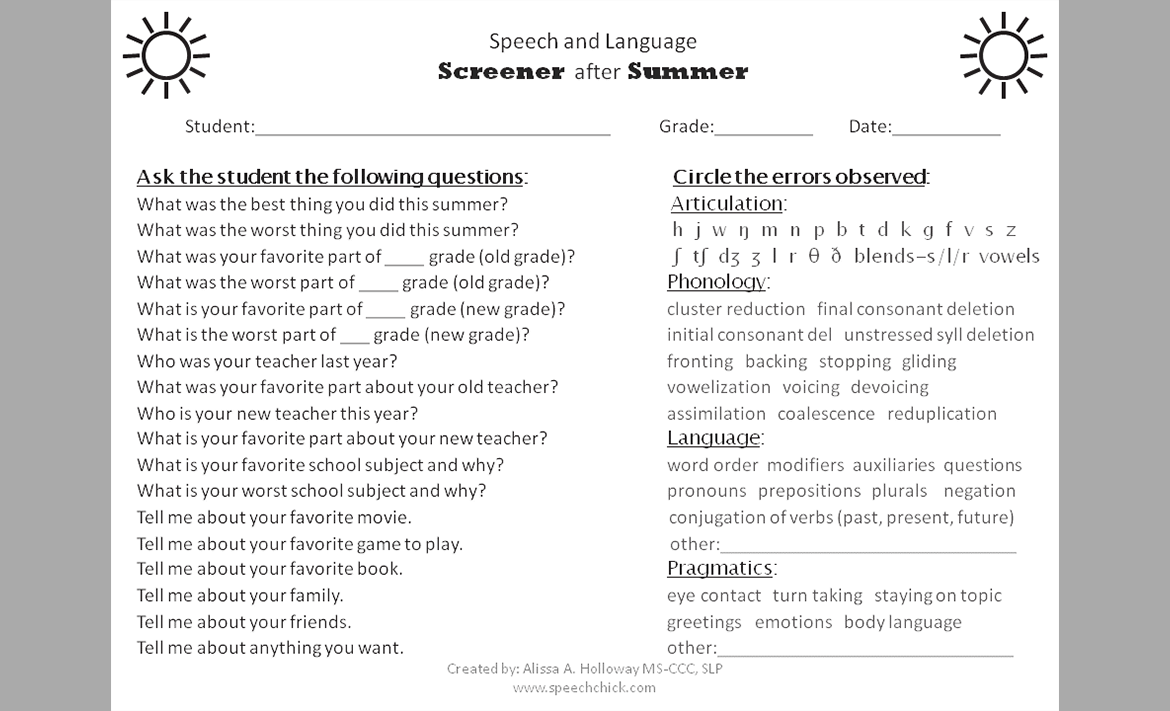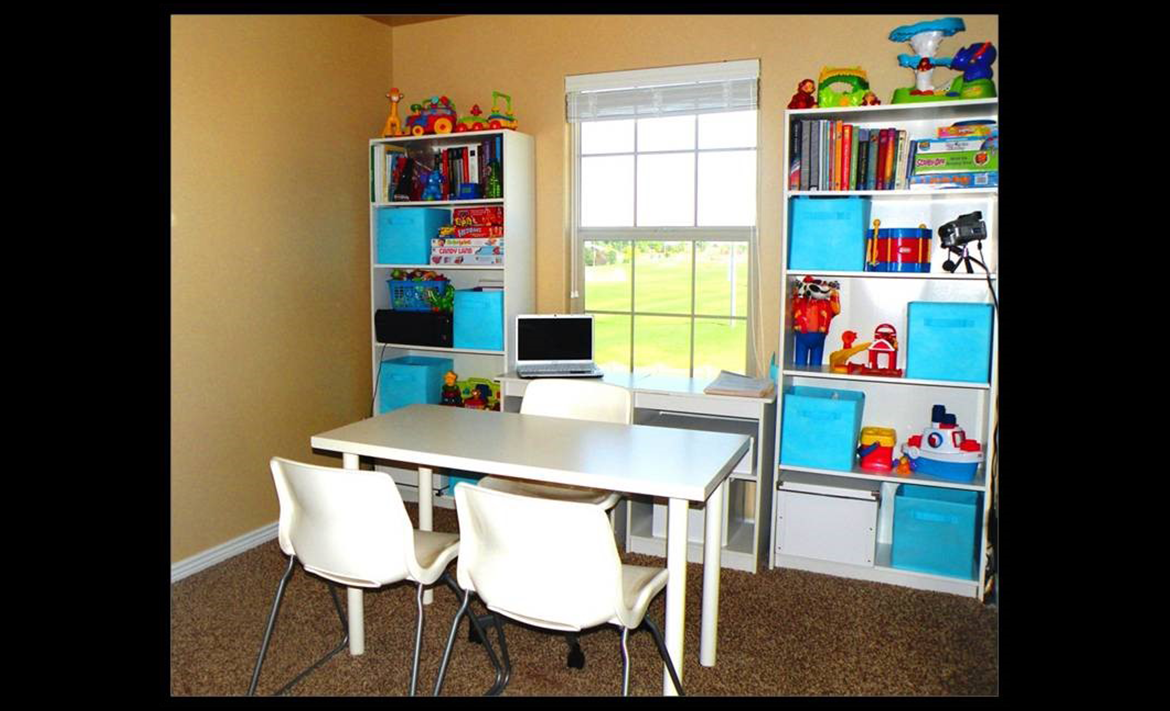The Bust the Thrust treatment program teaches clients to increase the awareness of their mouth, facial muscles, and tongue postures. Clients are taught techniques to improve their muscle strength and coordination. Most importantly, through this program, a client’s oral musculature is retrained to produce a correct and mature swallow pattern free of any thrust movement or pressure.
The name of the product, Apraximations, is a combination of the name – Apraxia of Speech, and the word "approximation” – meaning a "word approximation” – or simplified version of a specific word (i.e. "ba” for the word "ball"). Therefore, this product is meant to offer a systematic progression of speech targets (from word approximations to true words and sentences) for children suffering with any kind of speech impairment, but especially those who have Apraxia of Speech.
I have a very simple and concise form to help determine therapy targets when working with children who have Apraxia of speech. This form is incredibly useful to me. It helps me track my clients’ progress as well as guides me through choosing therapy targets during each session.
I wanted to share something with you all and decided to showcase one of my favorite client Christmas presents I have made in the past. I have given this as presents for my private speech clients as well as for all the (100+) kids on my school case load.
It has been my experience that some parents feel like no-one believes them when they say their child stutters. If a parent is concerned – you (as a therapist) should be too. Parents don’t tend to make up concerns about their children. They don’t want their children to struggle. Why would they pretend their child is stuttering if they aren’t? I always tell my parents "I am the professional – but you are a professional too when it comes to your child. You know your child better than anyone – so if you tell me something about your child – I am going to believe you."
As I began putting together my tips for treating tongue thrust I realized that I better provide some type of tool to diagnose (at least informally) tongue thrust first. It doesn’t really matter if you know how to treat tongue thrust if you don’t know who actually has it and who doesn’t. So, I am providing you with a Tongue Thrust Checklist. This is an informal tool you can use to help you diagnose tongue thrust.
Since I started my private practice I have received a large amount of tongue thrust referrals. This is mostly due to the limited coverage of tongue thrust therapy through the school district. Where I come from – therapists are allowed to treat tongue thrust through the school district if the tongue thrust causes an articulation disorder. But they are not allowed to treat tongue thrust (or reverse swallow as it can be called) alone.
If you liked my aspiration worksheets, you will like this Prevocalic Voicing Worksheet. It takes the "aspiration trick" and combines it with a hand cue. I use this combination of techniques to treat prevocalic voicing and have found it to be very successful.
I recently put together another flip book – this time focusing on visual cues (or pictures of the mouth as it makes different movements). The best part about this flip book is that it is as versatile (if not more) than my other flip books. Using the visual cues in the flip book format allows you to provide visual cues for all phonemes (consonants, vowels, dipthongs) as well as many simple words or word combinations.
I’m not sure if anyone despised teaching final /l/ more than I did when I first began working with clients many years ago. The kids always seemed to mess up the production of /l/ in the final position of words even when they could say it in the beginning and middle position of words.
I am excited to share my reward program with you. There are a few different ways to use this program which makes it versatile to meet your individual needs.
I have worked really hard on my language program and am excited to share it with you. This program basically provides a structured way to teach a lot of different language skills. Some skills you can target with this program include – vocabulary, attributes, categories, comparing, contrasting, definitions, function of objects, colors, shapes, sizes, describing, question sentences, similarities and differences, and so much more.
I am really excited about this post. I have spent the last year or so working on this program and I finally get to share it. This is a program that can be used as homework for all of your speech and language kids. I love it because it is streamlined and simple, but also can be individualized to fit every child’s needs. There are 36 color by number pictures. This should give you one picture a week for the entire school year (September through May).
I have put together worksheets for the speech sound names, speech sounds in isolation, speech sounds in syllables, and speech sounds in the initial position of words.
You can use the flip book to drill many combinations. Keeping the picture the same across all three rings helps you practice multiple repetitions of one combination (good for "massed" practice). And switching the pictures so you have a different picture on each ring helps you create and practice a variety of randomized phrases (good for "distributed” practice). Most apraxia studies show that kids with apraxia need both massed and distributed practice to make progress. So this flip book is perfect!!!
I am providing 16 pages of "P" Freebie Worksheets here. You can click on any picture below to open and print the PDF. I hope you like it.
“Tan I have a tup?”, “I want some tandy?”, “Tome here.”
Sound familiar??? This is called “velar fronting”. These errors occur when a child substitutes a sound produced in the back of the mouth (k/g) with a sound produced in the front of the mouth (t/d). This is a very common problem that is treated extremely often by speech therapists. In order to treat this problem, the first step is to help the child produce the “back sounds” (k/g) in isolation (all by themselves).
This time of the year is both exciting and exhausting for any school based SLP. It is great to get back into the groove and see your kids again after the summer break. It is awesome to see kids come back who have maintained their progress from the year before – or even made more of their own progress throughout the summer.
1. Kids with Apraxia really NEED my help
We are not talking about taking a slight frontal /s/ distortion and making it sound perfect. We are talking about kids who have little to no means of communication. They have extreme difficulty expressing their wants and needs. Such limited verbal communication can cause a chain reaction of so many other negative factors. It can negatively affect their ability to get help, express desires, express problems, build relationships, read, write, learn, and so much more. I love to help get them on the right track to communicating so that these other areas will not become delayed as well. Click here to read more...
At the age of 25 I looked back on my relatively short life and felt fabulously fulfilled. After finding an incredible husband, graduating with a masters degree in my dream profession, obtaining a job in a devastating economy, building my dream house, giving birth to the most fabulous and beautiful child, I looked around at my blessed life and I had an overwhelming sense of gratitude and peace. After achieving every goal I had set early on in my life, I found myself being constantly drawn to the more “unachievable” goals that I had lingering in the back of my head. I had found great purpose in my life by setting goals and working relentlessly until I had achieved them, and my heart couldn’t stop searching for the next goal to attempt. A Private Practice.
The following are speech and language warning signs that will help determine if a child requires speech and language therapy services. Please be aware that there is a wide range of normal development. Not all children will have mastered all of the following skills within the following ages listed. However, if you find that the child’s development is significantly delayed when compared to the skills listed, it may be a good idea to have them evaluated by a certified Speech-Language Pathologist.
I feel extremely blessed to have been given academic training in a field that gave me techniques that I can use during the administration of therapy as well as in my parenting efforts. I have compiled the top five effective parenting techniques I have acquired through my experiences as a Speech Language Pathologist.
The most common problems producing /s/ correctly are as follows:
- Inability to produce the /s/ at all. (See tips 2 and 3)
- Can say the /s/ all by itself, but omits it from words or conversation. (See tips 4 and 5)
- Uses the /s/ in conversation but produces it with a frontal distortion (See tips 6 and 7)
- Uses the /s/ in conversation but produces it with a lateral distortion (See tips 8 and 9)
The Systematic Approach for treating apraxia of speech is focused on 6 main points:
- 1. Children with apraxia of speech are missing their speech maps. They must rely simply on muscle memory to remember and repeat speech movements


